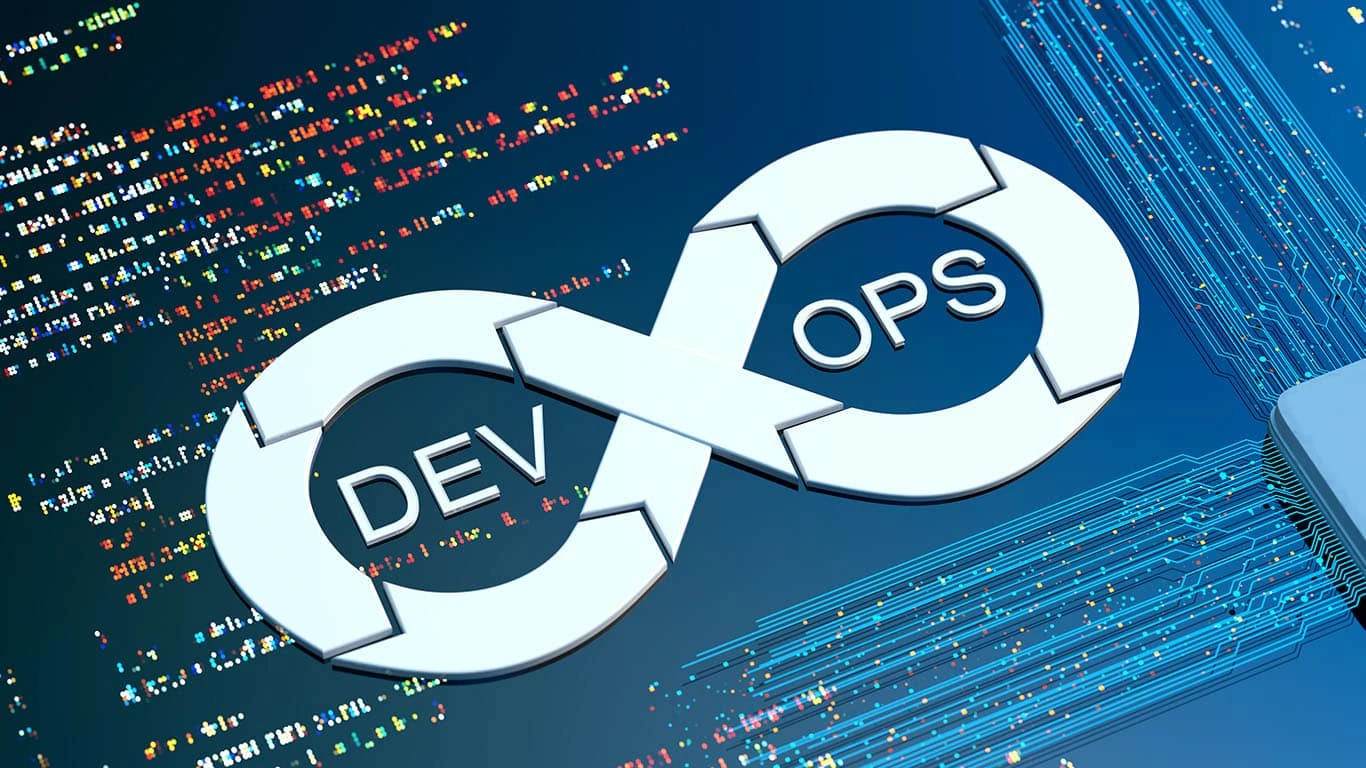
Table of Contents
CI/CD Tools Comparison: Jenkins vs GitLab for Modern Development Teams
Continuous Integration (CI) and Continuous Delivery (CD) help teams create top-quality software quickly and efficiently. In today’s fast-paced development world, they make it easier to combine code changes, run tests, and deploy applications.
As part of our CI/CD tools comparison, we explore how these systems automate workflows to boost delivery speed and reduce human error. But with many platforms out there, selecting the right one can be challenging. This guide compares two major players—Jenkins and GitLab—highlighting crucial factors like scalability, security, ease of use, and performance under load.
Key Considerations in a CI/CD Tools Comparison
- Cost
Budget limitations often steer teams toward a particular tool. Understanding cost implications is vital in any CI/CD evaluation. - Online Support and Community
Good documentation and active community support are critical for troubleshooting and onboarding. - Pipeline as Code
Tools that allow pipeline configuration as code promote consistency and easier collaboration. - Security & Compliance
Depending on your industry, some platforms may lack the necessary certifications for enterprise use. - Parallel Execution and Runner Integration
Tools that support scalable, parallel pipelines can drastically improve performance and reduce CI/CD bottlenecks. - Setup & Configuration
A key part of any CI/CD tools comparison is how quickly a team can get up and running with minimal configuration overhead.
Jenkins: A Veteran in CI/CD Tools
Jenkins has long been a go-to choice in the CI/CD ecosystem. Here’s how it stacks up in our comparison:
Cost Overview in the CI/CD Tools Comparison
Jenkins is open source, with minimal licensing costs, making it appealing for budget-conscious teams in a CI/CD tools comparison.
Community Support in Jenkins CI/CD Landscape
Its extensive plugin ecosystem and active user base make Jenkins powerful, but the complexity of maintaining those plugins may add long-term overhead.
Pipeline as Code in Jenkins CI/CD Setup
Jenkins allows teams to define CI/CD flows through Groovy-based Jenkinsfile, a robust but slightly steep approach for newcomers.
Security Aspects of Jenkins in CI/CD Tools Comparison
While flexible, Jenkins lacks out-of-the-box compliance certifications, which can be a hurdle for regulated industries.
Parallel Execution Using Jenkins Runners
Though Jenkins supports parallel builds, setting up custom runners across multiple environments is hands-on and time-intensive.
Jenkins Setup & Plugin Management in CI/CD
Jenkins is relatively easy to launch but requires ongoing effort to maintain stability, particularly with plugin compatibility.
GitLab: A Modern All-in-One CI/CD Solution
GitLab has grown from source control to become a full DevOps platform. Let’s explore how it competes in this CI/CD tools comparison.
Cost Flexibility in CI/CD Tools Comparison with GitLab
GitLab offers generous free tiers and flexible self-hosting options, which makes it attractive for startups and enterprise teams alike.
GitLab Documentation & Support in the CI/CD Space
GitLab’s official guides are well-structured and often reduce the need for community support, especially when learning GitLab CI YAML syntax.
YAML Pipeline Simplicity in GitLab CI/CD
Using readable YAML files, GitLab enables even non-devs to contribute to automation flows, which simplifies pipeline-as-code practices.
Security and Compliance Strength in GitLab CI/CD Tools
With built-in compliance for SOC 2, HIPAA, ISO 27001, and more, GitLab provides enterprise security and policy control from the start.
Runner Scalability & Parallel Tasks in GitLab
GitLab simplifies scaling with shared runners, custom runners, and matrix jobs—all of which are key in any modern CI/CD platform.
CI/CD Tools Comparison on Ease of GitLab Setup
Whether cloud-hosted or self-managed, GitLab is easy to deploy and maintain—ideal for teams wanting fewer configuration headaches.
Conclusion: Choosing the Right Tool for Your Workflow
In this CI/CD tools comparison, Jenkins stands out for its flexibility and plugin-rich environment, while GitLab excels in integrated security and ease of setup.
Your ideal CI/CD tool depends on team size, compliance needs, budget, and willingness to manage infrastructure. Both tools deliver reliable automation—your choice depends on what matters most to your workflow.
